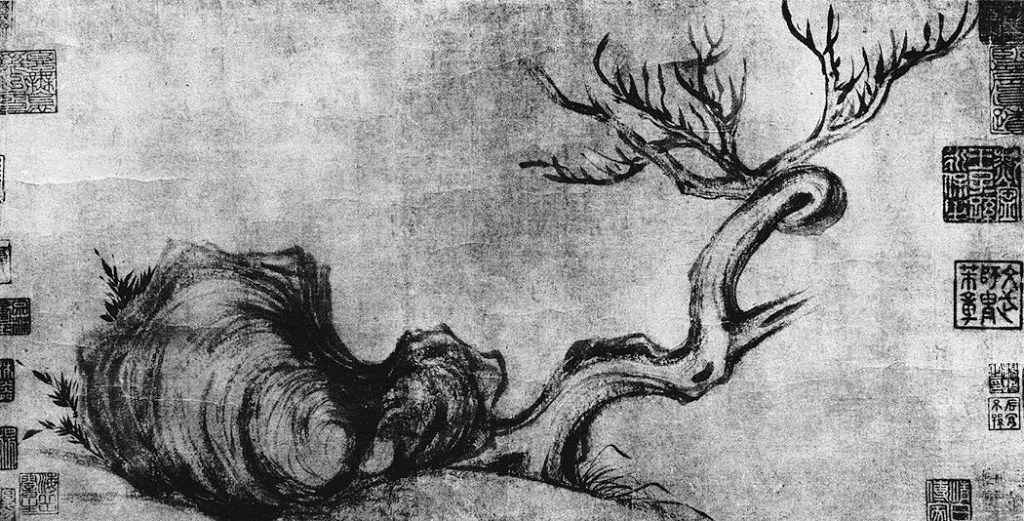
New research identifies a strong fixation on the Western canon in Wikipedia’s coverage of visual arts, but offers ways towards a more truly global perspective.
Artist and scholar Waqas Ahmed and veteran Wikipedian Dr. Martin Poulter were well-placed to investigate Wikipedia’s perspective on the visual arts. They observed with the English language version of Wikipedia, “its ‘List of sculptors’ is 99% Western, ‘List of painters by nationality’ is around 75% European and its ‘List of contemporary visual artists’ is 80% European”. They probed whether this was just a problem with those articles, or just with the English language Wikipedia.
The researchers measured the coverage of visual arts across the hundreds of different language versions of Wikipedia. They compared 100 artists from the Western canon to 100 significant artists from other cultures. Poulter pointed out that “Even equal coverage of the Western artists and the artists from all of the rest of the world would still be a pro-Western bias, because Europe is just one sixth of the world.” The research found that on average Wikipedia coverage was seven times greater for artists in the Western canon than for their non-Western counterparts.
One example compared the coverage of The Sistine Chapel in the Vatican and the Sultan Ahmed Mosque (Blue Mosque) in Istanbul. Both places of worship receive approximately 5 million visitors each per year, and have enormous cultural and artistic importance. Whilst both Michelangelo and Syed Kasim Gubari are considered geniuses within their respective cultures, Michelangelo’s Wikipedia articles total over 440 times greater length than Gubari and the Blue Mosque Ceiling does not have a single entry across the Wikimedia projects.
Daria Cybulska, Director of Programmes and Evaluation at Wikimedia UK, the charity that funded the research says “The vision of the Wikimedia movement has always been ‘a world in which every single human being can freely share in the sum of all knowledge.’ In recent years, we began more critically examining what that means, and what are the repercussions of existing biases and gaps in content on Wikipedia.” Reflecting on the link between diversity and representation online Daria continued “Knowledge plays a critical role in human advancement. By striving for knowledge that accurately represents our world and human diversity, we contribute to a better understanding of the world and of ourselves. It also means that, as more communities globally come online (some of whom may have been historically deprioritised and misrepresented), they can see their heritage represented and celebrated on sites such as Wikipedia. Some biases on Wikipedia are better known than others – and this research shines a new light on cultural biases, and what can be done about them.”
Where past research has identified geographical biases or the gender gap on Wikipedia, the community has been strong in coming together to re-write and start to re-align the balance. This new research demonstrates and measures a specifically cultural bias. Ahmed and Poulter suggest every member of the Wikimedia community can play their part through extending the coverage of art and artists outside the Western canon. For individual wiki contributors, this can involve creating, translating, or extending articles. Cultural institutions can help by sharing their knowledge and images freely; think Women in Red meets #1Lib1Ref.
As the research states “societal biases have a long and well-documented history, rooted in systems of hegemony and oppression like imperialism.” The first step to creating an online world which truly reflects global cultures and histories is the awareness we are not yet there.
The research paper is currently undergoing peer review but can be freely accessed as a pre-print through preprints.org: https://www.preprints.org/manuscript/202104.0770/v1
This Blog is timed to coincide with 21st May, the United Nations World Day for Cultural Diversity for Dialogue and Development.
Further information & images press@wikimedia.org.uk
About Wikimedia UK

Can you help us translate this article?
In order for this article to reach as many people as possible we would like your help. Can you translate this article to get the message out?
Start translation